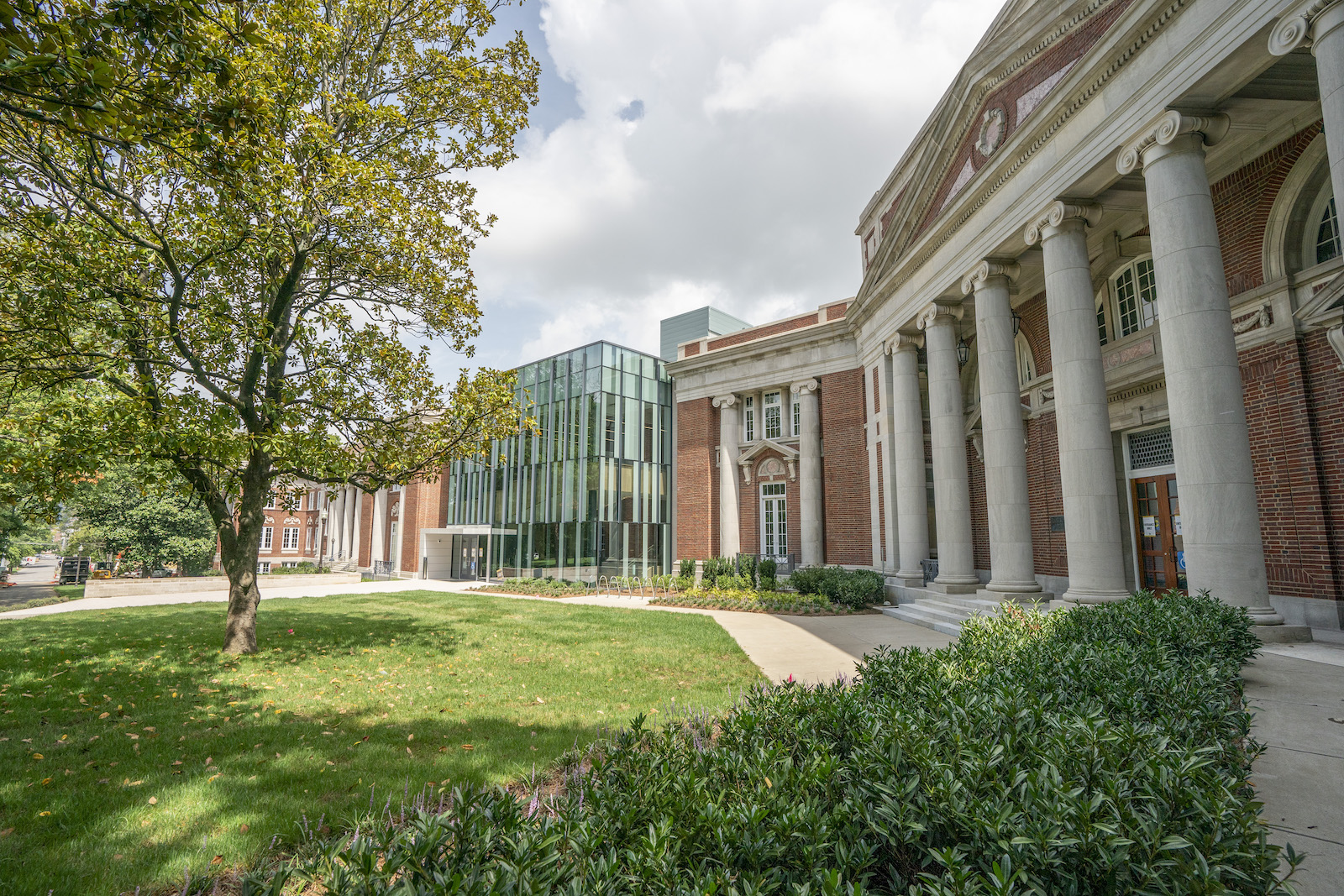Quick links
Master’s in Community Development and Action (M.Ed.)
Join students from around the world committed to learning how to create positive, community-level change in a collaborative and participatory way.
The master's degree in Community Development and Action (CDA) combines theory, research, and practice to equip you to become a change agent working with organizations and communities to support positive human development and remove barriers to human thriving.
You can earn a dual degree, combining your studies to earn a Master of Theological Studies (M.T.S.) or Master of Divinity (M.Div.) degree in the Vanderbilt Divinity School.
Recent CDA graduates work in diverse organizational settings, including:
- Advocacy and Outreach Lead, Clean Virginia
- Coordinator of Government and External Affairs, Tennessee Disability Coalition
- Founder and CIO, Fathom PBC
- Senior Manager of Business Development, Project Return
- Strategy Analyst, ByteDance
- Impact and Evaluation Manager, Just Transition Fund
- Program Coordinator, Tennessee Fair Housing Council
Master’s Degree in Community Development Program Facts
Program Director: David Carlone
Admissions Coordinator: Tonya Brown
Admission Term: Fall
Credit Hours: 30
Key Application Dates
-
Priority Decision 1
January 3*
-
Priority Decision 2
February 3
-
Rolling Decision
After February 3
*For more information on application dates and requirements, and the benefits of Priority Decision, see the How to Apply page.
Request Information
Explore how an education in organizational leadership can lead to purposeful career.
Community Development and Action Degree Program Curriculum
The master's degree in Community Action and Development includes 30 credit hours of core and elective classes. It is designed to be completed in two years.



